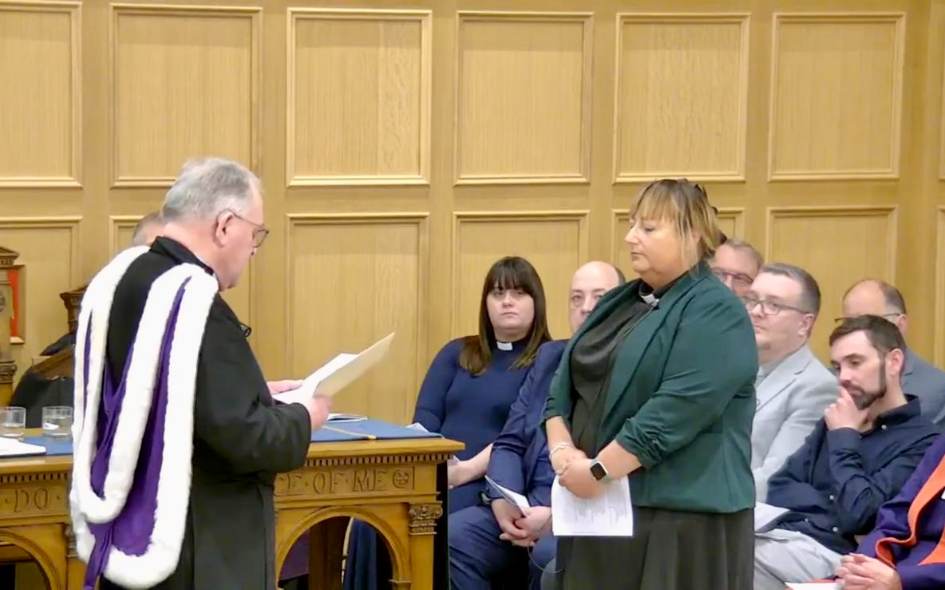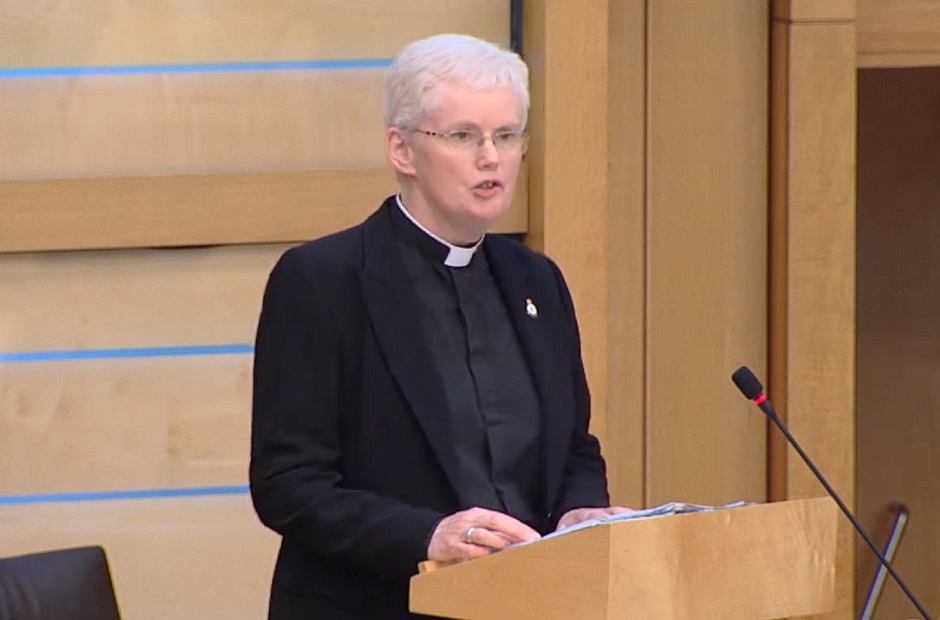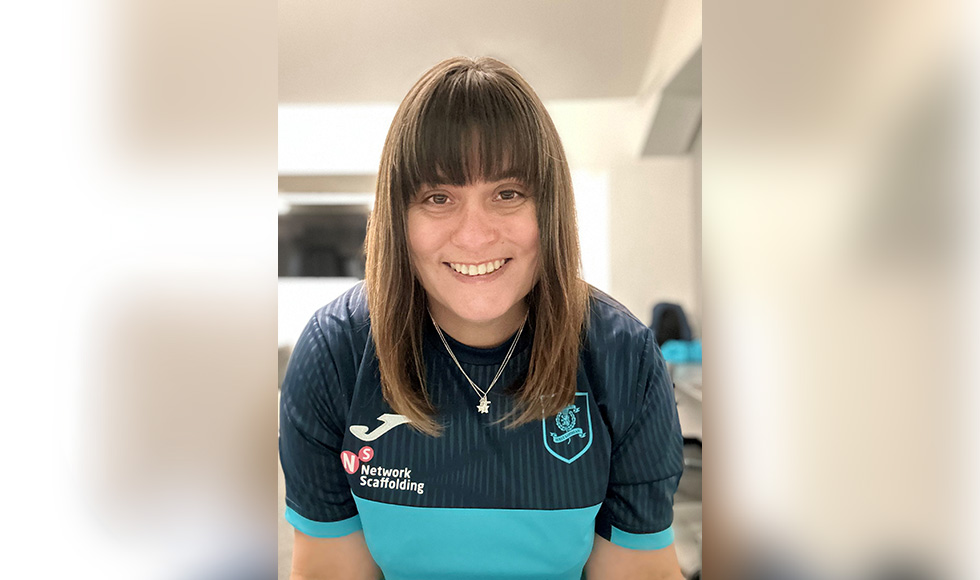Varied ministry career has taught Elisabeth to rejoice in her Kirk role
Published on 16 January 2025 5 minutes read
After a varied career in ministry which has included parish work in two of Scotland's biggest cities, industrial chaplaincy and a pioneering church in a new estate, Rev Elisabeth Spence has developed her own essential tips for new ministers.
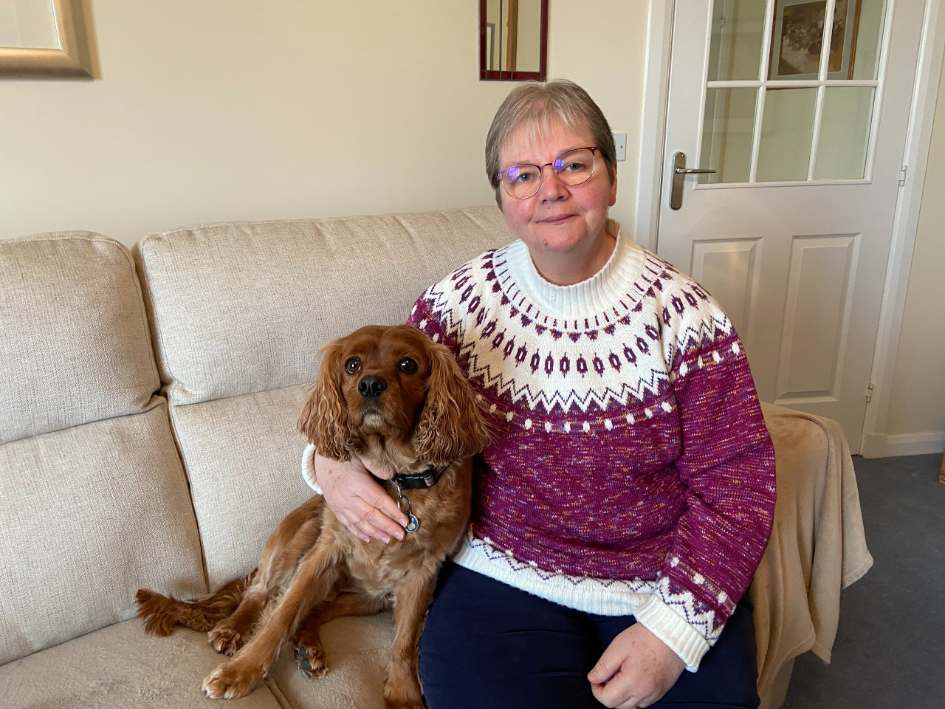
While traditional education was based on the three Rs – reading, writing and arithmetic – Ms Spence, who recently stepped down as locum minister at Drylaw Church in Edinburgh has four Rs which she believes makes a good foundation for a career in the Kirk: reliability, refresh, review and rejoice.
"I had a lot of probationers over the years and the first thing I would tell them is you need reliability," Ms Spence said.
"If you say you will do something, do it. Avoid putting meetings above people if you've made a commitment to those people. Meetings are important, but people are more important."
If that point is about ensuring you are there for other people, her next R – refresh – is about ensuring ministers take care of themselves.
"I have met many ministers who hold it as a badge of honour that they never take a day off, but you need time to refresh yourself," she said.
Similarly, ministers need to set aside time to review what they are doing, the thirds of Ms Spence's four Rs.
"One of my biggest bugbears is that you can leave university and finish probation and you never need to review anything again because no one asks you to," she explained.
"Make sure you use pastoral supervision or at least set aside time to regularly review your ministry, not just in a practical way, but in a spiritual way."
And her final R is a reminder why ministers respond to their call.
"Rejoice!" she said.
"God has called you to a wonderful ministry to serve the Church and to serve the people."
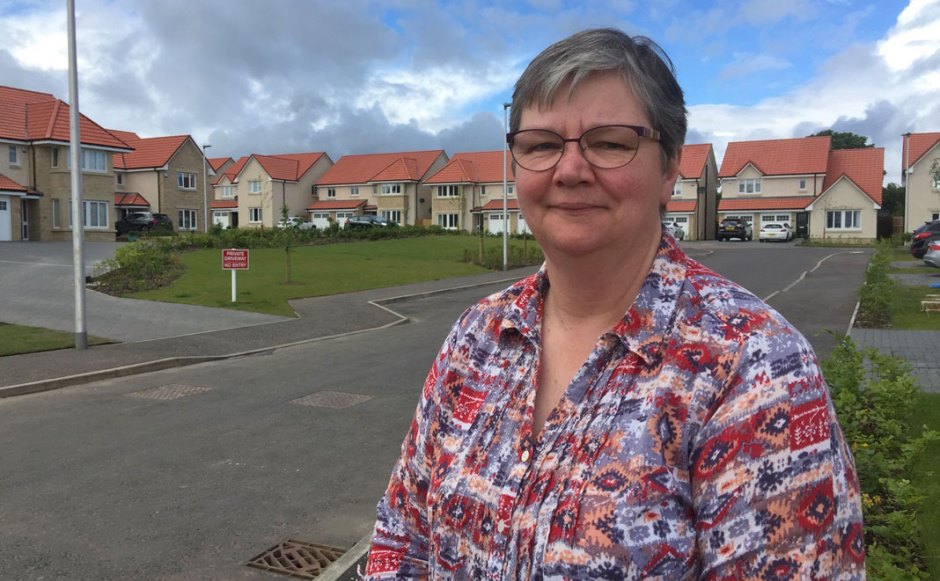
Ministry is Ms Spence's second career.
Previously she worked in education and became more involved in the church after moving to the Black Isle where she joined the Kilearnan congregation of new minister, and future Church of Scotland Moderator, the Very Rev Dr Susan Brown.
Ms Spence recalled: "This was her first charge so she had a lot of energy – which she still does – and when she asked for someone who could play the guitar or was willing to go on the Sunday school rota, I volunteered and suddenly was more involved in the practicalities. That's when I realised I needed to make a commitment to the Church and to Christ."
This quickly led to a sense of call, which she initially resisted, but with her minister's encouragement, decided to put herself forward for selection school.
"I thought I wasn't going to be accepted anyway, so I just relaxed and didn't feel any pressure," she admitted.
"By the end of the selection course, I knew that I really, really wanted to do this."
Her first charge as minister led to a return to Dundee where she had previously lived as a student, and she remembers waking up the morning after her ordination at Lochee Old and St Luke's and thinking: "I don't know what I'm supposed to do now."
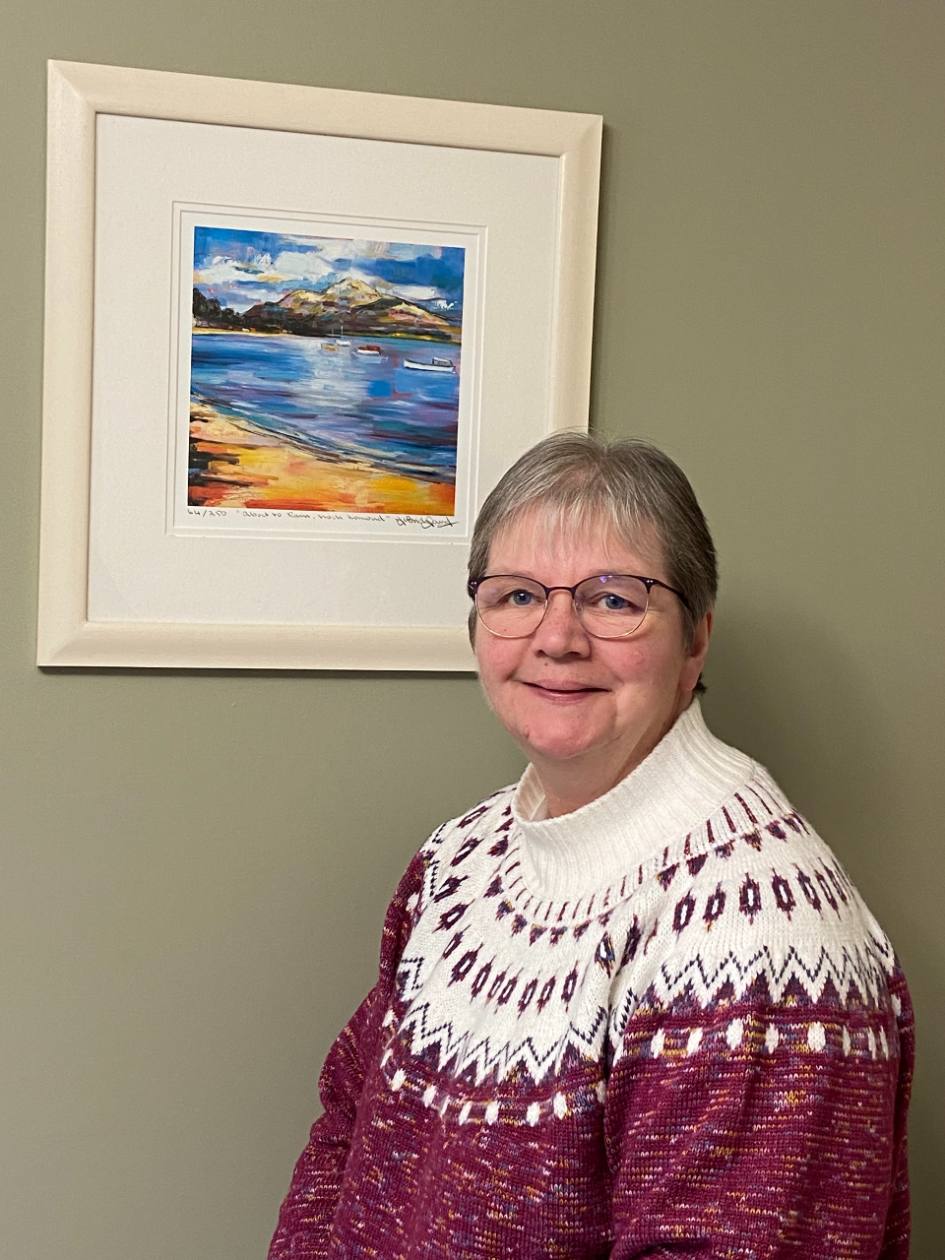
However, it turned out that Lochee was a good place to begin her ministry with a congregation, like her later congregation at Ibrox Parish Church in Glasgow, which had a willingness to embrace new things and new ways of working.
In between, she also spent time as a workplace chaplain in Glasgow where she "loitered with intent" to spark conversations with workers in council offices and shopping centres.
A pioneering position
But even when she was considering winding down to retirement, Ms Spence found herself taking on a new challenge.
When she and her wife Denise moved to a new estate in Bonnyrigg, she found the estate was also the location for a pioneering ministry, one not based in a church, but as part of the local community.
When she went in front of the interview panel, Ms Spence admitted she had no idea what the job might involve.
"They told me that nobody did either and, bless them, took a chance and offered me the post," she laughed.
"What I loved about it was exactly that: you have no idea what is going to work and what isn't or who you are going to work with because you are standing in the middle of a newly built housing estate."
Her first step was to contact the local school, which had no chaplain of its own and was happy to get her involved.
She also enlisted the help of the existing local church and turned to social media to let the residents of the new estate know what she was there to do, and set up an informal meeting place in a gazebo opposite the school where parents could get together for a chat over coffee and fresh scones.
But if her four Rs form a good basis for ministry in general, pioneer ministry, without the safety net of an established congregation or building, also requires some additional skills and talents. Ms Spence suggests creativity and imagination, as well as an ability to network, but also bravery.
"When we started a dementia club at Ibrox, we asked what we needed, and someone said a kettle and packet of biscuits," she said.
"You just need to have the bravery to say we haven't quite got this yet, but let's batter on and do it, and also the courage to say that something didn't work and stop.
"I also believe that every church is a pioneer ministry. If you try something new, that is pioneering. If the church responds to the parish and what they see and hear, that is pioneering. Every church has the ability to do that."
Read more from our interview with Rev Elisabeth Spence on our Talking Ministry page.
